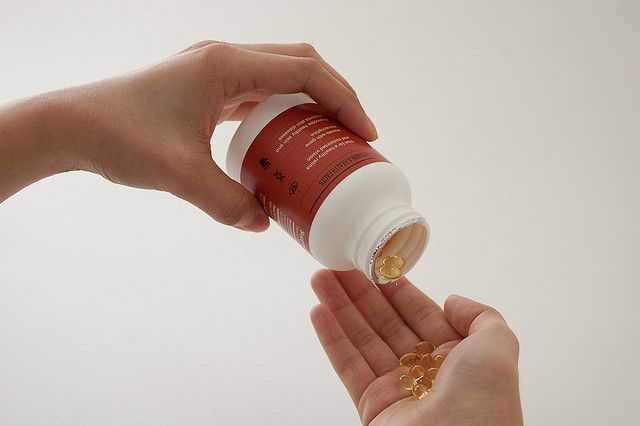
How to Tell Apart the Vitamins You Need
Getting enough vitamins is essential to having a healthy and happy life. Naturally, millions of people around the world take vitamin supplements every day. But how is anyone supposed to keep up with what vitamins they should be taking and where to find them? Do you really want to swallow a handful of different pills every morning?
Here is a simple list of the essential vitamins that every person needs. Keep in mind that some people will need more of one type of vitamin than another, depending on how active or healthy their lifestyle may be.
Vitamin A is vital to our bodies' natural development, taking care of not only our immune systems, but also our eyesight and our skin. Deficiency in Vitamin A is common among children in the developing world, which can lead to blindness and xerophthalmia (an inability to produce tears). Foods rich in Vitamin A include green and yellow vegetables (like pumpkin and spinach), liver, and dairy products.
Vitamin B actually refers to a whole group known as "B vitamins." These nutrients are known by various other names like thiamine, riboflavin, and folic acid. They play a key role in breaking down carbohydrates and proteins to release more energy into the body, as well as promoting the growth of healthy skin. B vitamins can be found in foods like meat, fish, milk, eggs, vegetables, and bread.
Vitamin B12 is essential for stimulating blood cell formulation, and for stimulating both the brain and the nervous system. Foods rich in Vitamin B12 include meat, fish, milk, and other animal products.
Vitamin C is a healthy antioxidant and antihistamine, giving support to the immune system. It's mostly found in fruit and vegetables.
Vitamin D is a vitamin that most mammals can produce in their bodies when exposed to enough sunlight in their daily lives. This nutrient helps build up the immune system and calcium strength in our teeth and bones. Vitamin D-rich foods include margarine, oily fish, eggs, liver, and mushrooms.
Vitamin E is useful for providing cell protection, shielding them from oxidation damage. You can find Vitamin E in such foods as fruits, vegetables, nuts, seeds, and cereals.
Vitamin K helps with blood clotting, which is useful for when you've sustained an injury and need to prevent blood loss. You can find plenty of Vitamin K in green vegetables, cereal, egg yolks, and liver.
Image by Colin Dunn on Flickr
Categories
- Arts & Entertainment 100
- Automotive 186
- Business & Professional Services 219
- Construction & Contractors 298
- Clothing & Accessories 76
- Community & Government 95
- Computers & Electronics 74
- Education 75
- Food & Dining 86
- Health & Medicine 186
- Legal & Financial 100
- Home & Garden 179
- Industry & Agriculture 105
- Media & Communications 44
- Personal Care & Services 73
- Real Estate 68
- Shopping 74
- Sports & Recreation 87
- Travel & Transportation 102
- Animals & Pets 11
- Arts 9
- Community 9
- Chain 607
- Computers & Internet 8
- Health Care 10
- Communication & Media 7
- Shopping & Retail 10
- Health & Beauty 9
- Education & Schools 8
- Financial & Legal Services 14
- Home & Office 13
- Lawyers & Legal Services 7
- Financial & Services 1
